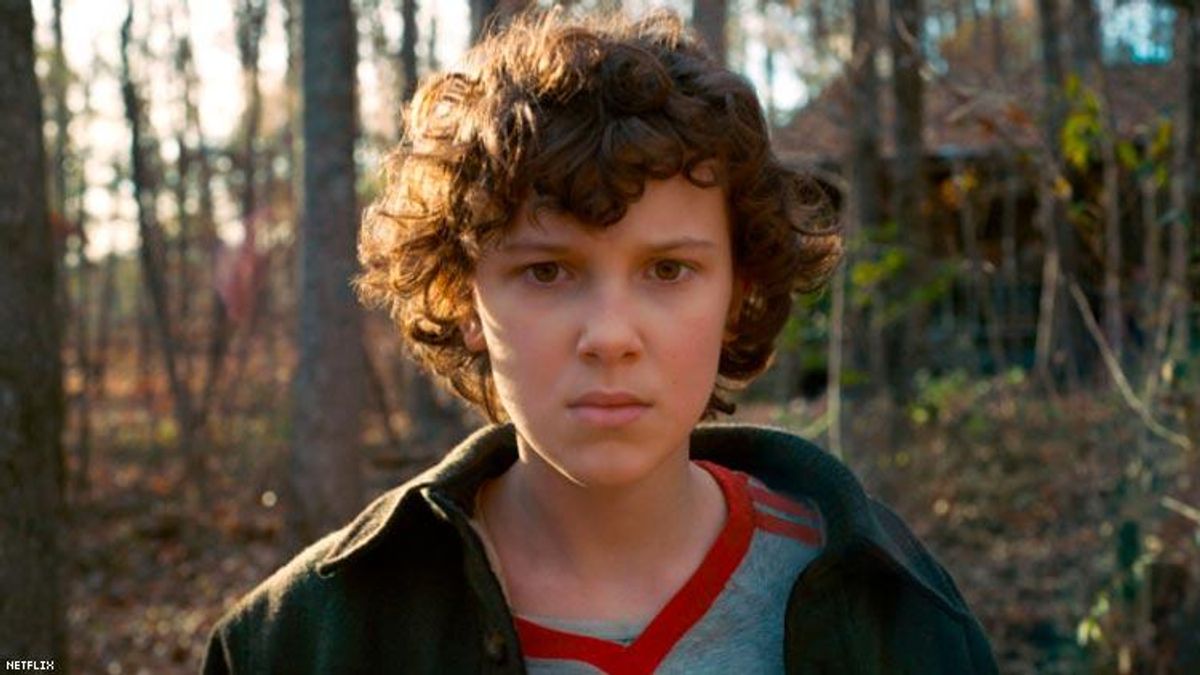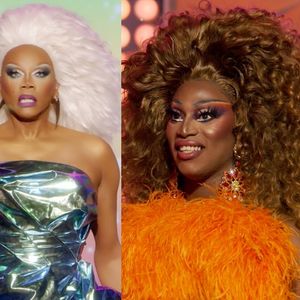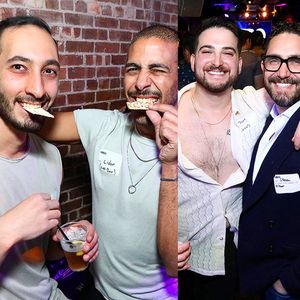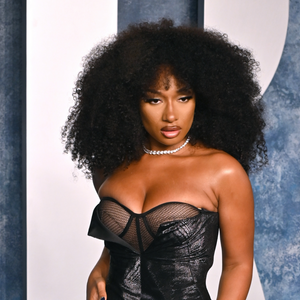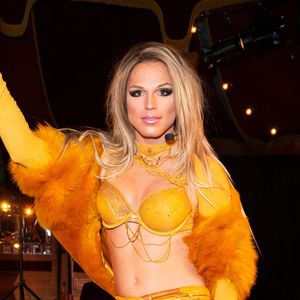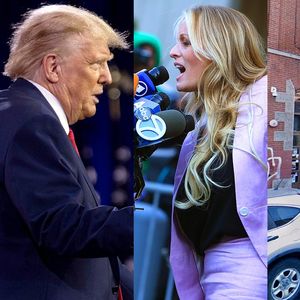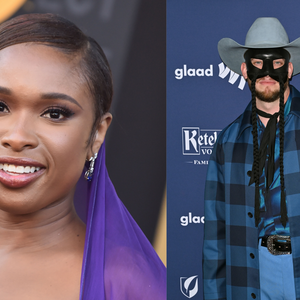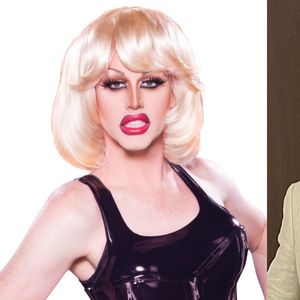*Spoiler alert: If you haven't yet, grab a box of tissues and go watch Stranger Things 2 before reading this article.
I tried to space out my Stranger Things season 2 viewing, only watching one chapter a day. My self-control quickly faded after chapter 4, and I resigned myself to a late night of '80s-inspired fantasy. What I wasn't prepared for was the breaking open of the floodgates of queer tears while watching 12-year-old kids save the world. It may have been the lack of sleep or the distinctly queer anxiety that comes with the impending holiday season, but my five-hour Stranger Things 2 binge led to a good old-fashioned cathartic release of LGBTQ grief. This grief is the result of not having models of myself growing up and the mourning of a piece of adolescence lost to fear and hiding. As evidenced by the tears, it is a grief that manifests for me at unexpected moments. Eleven's delayed adolescence, pain-rooted anger, and quest for belonging are particularly parallel to my queer journey. It was these reflections of human vulnerability in Stranger Things 2 that moved my sensitive spirit.
The firestorm of a conservative Christian upbringing and gay crushes led me to deeply repress my romantic development. The butterflies of first dates, holding hands, and first kisses didn't start until I was the embarrassingly old age of 21. I felt like a kid in an adult body fumbling through the rules of attraction that everyone else seemed to have learned in high school. Eleven's doe-eyed confusion at the world is reminiscent of these baby gay days. In chapter 2, she watches an old black-and-white romantic movie and mimics the woman smitten by her lover. It's a sweet moment exemplifying wonder at the world of love. I remember watching The L Word under the covers in my parents' home having my own "who, me?" love fantasies -- an innocent longing for a connection I've never really seen before. I didn't know any lesbian couples growing up, so I fumbled my way through the romantic world with a naivete that comes with the kind of otherness that Eleven embodies.
Most of the otherness that distinguishes Eleven from her comrades is her supernatural ability to move objects with her mind; however, Eleven is forced to repress her telekinetic powers in order to stay safe. The pain of longing for freedom in an unsafe world erupts into a screaming match between Hopper and Eleven in chapter 4. When Eleven falls to the ground crying, knowing that she may never be free, my tender queer heart cued the waterworks. Being queer is a superpower; it's the transcendent understanding that gender and physical bodies are far more complex than the world recognizes. In so many American high schools, at least in the early 2000s when I was a shy teenager, this strength was shut down and rejected. Radical authenticity, the innately subversive nature of being LGBTQ, is the superpower we carry. Without the words or understanding to know it, this power was shamed and suppressed out of me for years. It is still a battle to overcome this shame and express myself with the freedom that comes with a sense of belonging in this world.
This quest for belonging is indeed the queerest metaphor of Stranger Things. Eleven experiments with different ideas of home throughout season 2. First, there is the home with Hopper that is physically safe but emotionally limiting, the home with her mother that's a constant reminder of the loss of her childhood, or the home with her sister that offers revenge as the salve for her pain. In the end, she chooses the home of love -- the home that comes from the unconditional acceptance she received from Mike. Many LGBTQ people create a second family, or a group of people who support the full expression of their socially subversive selves. This isn't to say biological families aren't spaces of love and support, but there's a kind of judgment-free support that many LGBTQ people have to fight for in their families. When Eleven and Mike finally reunite in the final scene of the show, I couldn't help but think of my girlfriend and community of affirming friends who are my safe place, where I am completely accepted as I am. And the pain that comes from fighting for belonging has made the bond with those that deeply understand me all the more magical. This bond of chosen families is beautifully reflected by the Stranger Things AV club party.
While I highly doubt the Duffer brothers designed Eleven's quest to parallel the queer journey, this new season has once again reflected human vulnerabilities in a deeply relatable way. I read in an interview with the Duffer brothers that said they pitched this show to over 15 networks and kept hearing the same response -- adults won't want to watch a show about kids; however, Stranger Things repeatedly defies this assumption. The very fact that the show centers around children is what makes it so tender, vulnerable, and relatable and has been an encouraging presence as I continue to confront the pain inflicted by the homophobia of my youth.
CLAIRE HEDDLES is a Los Angeles-based journalist and writer. Check out her work here.
